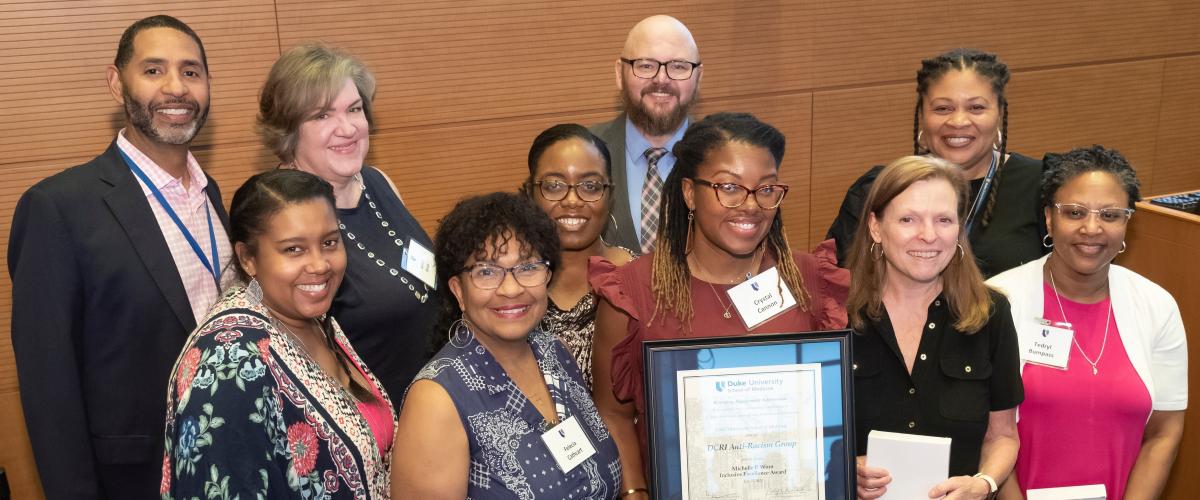
Accessibility considerations are key to planning and executing equitable events. While accommodations are often requested by people with certain identities, people may require accommodations to fully participate in events inclusive of their identities. It is important to request information about participant needs and desires while planning an event in order to incorporate accessibility. The guide will provide recommendations on making materials clear and the space comfortable to improve the event for everyone.
Initial event planning should anticipate the needs of the target audience, design a welcoming physical and virtual environment, provide timely and appropriate communication, and collect information from the target audience to inform accessibility efforts. Any information collected from event registrants should be used to inform current or future event plans, including demographic characteristics and accessibility needs. Utilize resources and experts across the organization to support accessible communications, event design, and attendee and speaker support.
There are many different types of attendee and speaker needs, including: spatial navigability for physical disabilities; sensory considerations for noise, smell, and sight; language accessibility for English language learners and learning disabilities; availability of translators and support staff; technological accommodations; accessible family bathrooms, lactation spaces, and religious rooms; and protection for dietary and environmental allergies.
Overall, this guide is intended to help prepare and plan to accommodate a wide variety of common barriers to accessibility. Be open to providing unanticipated accommodations. Be prepared to navigate accessibility requests during the event by taking steps at the planning stage. Accessibility options may be limited by organizational resources so planning in advance and considering alternative solutions to resource barriers are vital to hosting as inclusive an event as possible. Notify participants as early as possible if accommodation requests cannot be provided and seek to suggest alternatives.